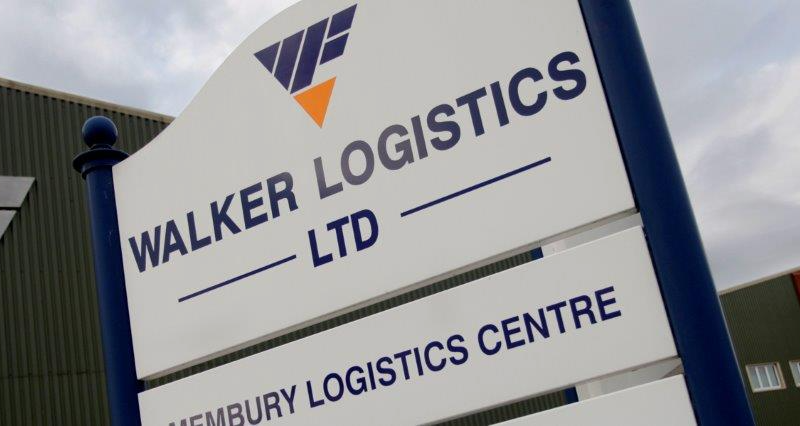Walker Logistics’ has announced that work on the development of its new 125,000 sq ft warehouse at Membury, Berkshire, will commence early in 2023.
The facility, which is being constructed on land adjacent to Walker’s existing 250,000 sq ft multi-user hub, has been designed with sustainability at its heart and will be carbon net zero throughout the build process.
The new unit has also achieved a BREEAM rating of ‘Excellent’. BREEAM is the world’s leading science-based suite of validation and certification systems for a sustainable built environment and a BREEAM certified rating reflects the performance achieved by a project. ‘Excellent’ is among the top BREEAM ratings possible.
“We are very aware of our corporate social responsibility so our new unit will have minimal impact on the environment,” commented Walker Logistics’ head of marketing, Charlie Walker.
Sustainability is fundamental to Walker Logistics’ operation. For example, the company – which won the United Kingdom Warehousing Association’s Environment Award in 2017 – has eliminated the use of plastic-based void-fill materials in over 90 per cent of the orders that it processes. It has done this by replacing commonly used void fillers such as plastic bubble-wrap, air-filled protective cushions and polystyrene chips with environmentally-friendly packaging material which Walker produces on-site by recycling its clients’ own in-bound transit packaging.
“By turning in-bound transit packaging waste into protective void-fill material that we use to protect outgoing orders, we are not only reusing waste products but also avoiding other less environmentally-friendly forms of transit packaging,” says Charlie Walker.
Walker Logistics’ operations team is also constantly working to develop the most efficient routes for the company’s delivery vehicles and strives to ensure that Walker’s trucks always run as close as possible to capacity so empty return journeys are minimised.
The company collaborates with other transport and 3PL businesses in an effort to optimise backhaul efficiency and, with delivery costs and changing customer demands causing retailers and their third party logistics partners to rethink their last-mile strategies, talks are at an advanced stage between Walker and a specialist cargo courier firm that will see online orders for one of Walker’s clients – a well-known name in the cosmetics space – fulfilled by bicycle in some UK cities.
“As recently as 10 years ago relatively little thought was given to building sustainability into logistics plans, but today sustainability has emerged as a strategic imperative,” says Charlie Walker.
He goes on: “Consumers increasingly show a preference for brands and products with authentic sustainability credentials and, as a result, more companies will only deal with businesses that share their sustainability values and don’t treat the issue as another marketing veneer.
“Sustainability is the new frontier on which companies must compete and it is going to have a significant impact on every business’s long-term viability. It is no longer enough to ‘green wash’ your company’s environmental performance or treat issues such as diversity and inclusion in the workplace as another ‘box ticking exercise’.
“Companies that neglect the important role that sustainability now plays across the commercial world will struggle in the same way that many retailers were left behind or went out of business altogether because they failed to recognise how the emergence of internet shopping was going to affect their business model until it was too late.”













